Understandably, many computer users consider memory and storage to be the same thing. If you are unsure about the difference between memory and storage in computers, this article covers the differences between the two.
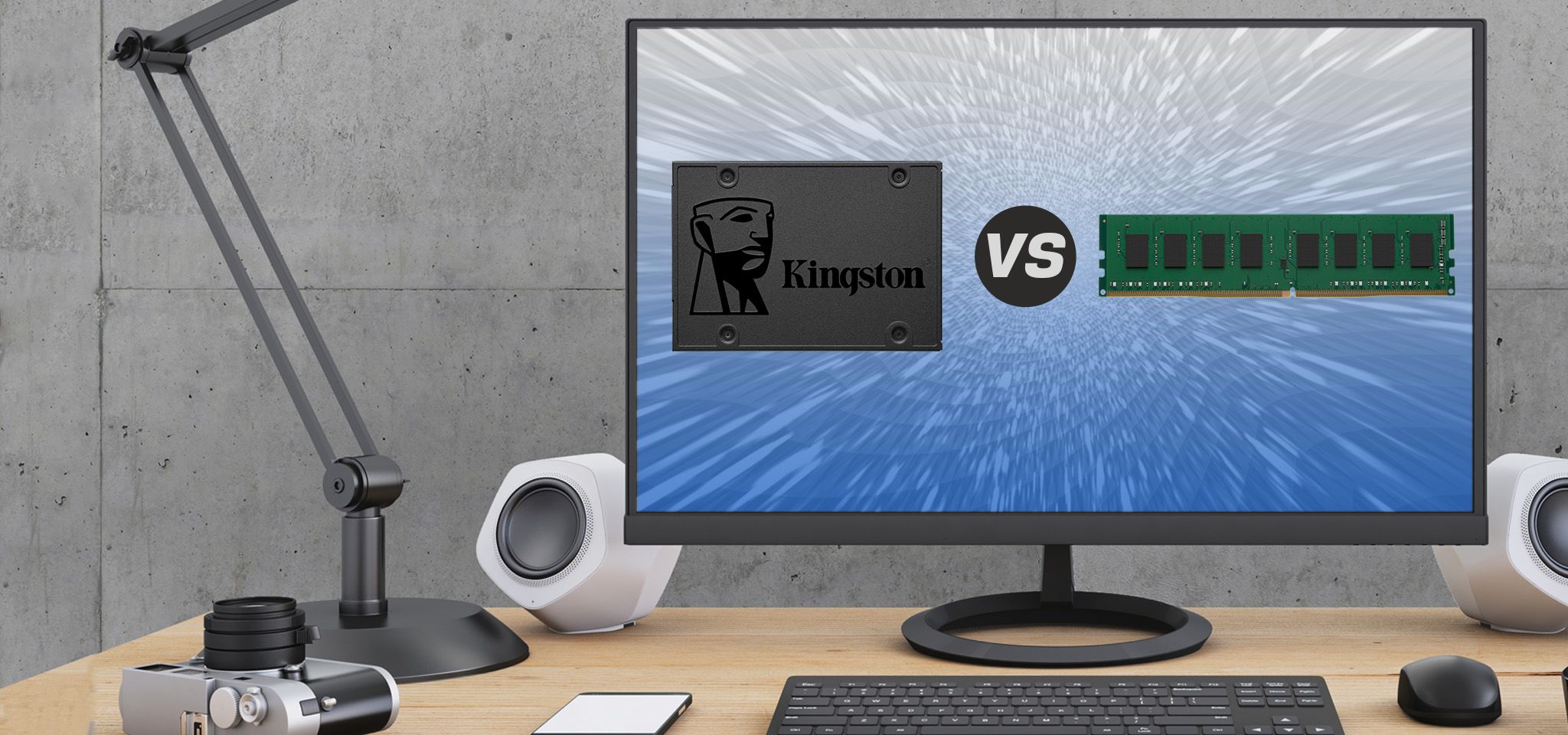
What is the difference between memory and storage?
What is Memory?
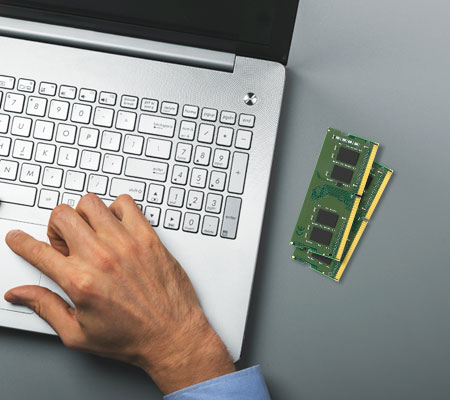
The term memory refers to the component within your computer that allows for short-term data access. You may recognize this component as DRAM, or dynamic random-access memory. Your computer performs many operations by accessing data stored in its short-term memory. Some examples of such operations include editing a document, loading applications and browsing the internet. The speed and performance of your system depends on the amount of memory that is installed on your computer.
If you have a desk and a filing cabinet, the desk represents the memory of your computer. Items you will need to use immediately are kept in your desk for easy access. However, not much can be stored on a desk due to its size limitations. Learn more about Kingston Memory.
What is a Drive or Storage?
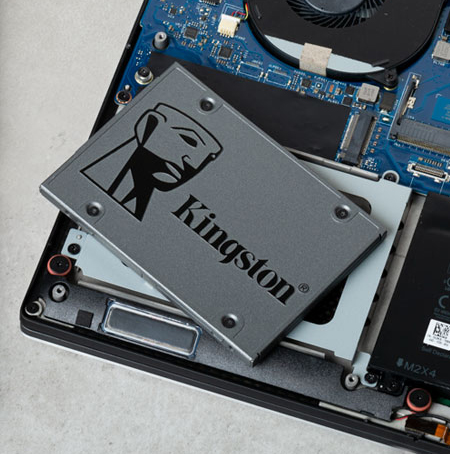
Whereas memory refers to the location of short-term data, storage is the component of your computer that allows you to store and access data on a long-term basis. Usually, storage comes in the form of a solid-state drive or a hard drive. Storage houses your applications, operating system and files for an indefinite period. Computers need to write information and read it from the storage system so the speed of the storage determines how fast your system can boot up, load and access what you’ve saved.
While the desk represents the computer's memory, the filing cabinet represents the storage of your computer. It holds items that need to be saved and stored but are not necessarily needed for immediate access. Due to the size of the filing cabinet, many things can be stored.
An important distinction between memory and storage is that memory clears when the computer is turned off. On the other hand, storage remains intact no matter how many times you shut off your computer. Therefore, in the desk and filing cabinet analogy, any files that are left on your desk when you leave the office will be thrown away. Everything in your filing cabinet will remain. Learn more about SSDs, USB flash drives and memory cards.
#KingstonIsWithYou
Was this helpful?
Related Articles
-

Should you upgrade your memory or storage for better PC performance?
Do you need to upgrade your memory or storage for your desired PC performance?
-

Intel Processor and Chipset Names Explained
What are Intel’s designations? Like Xeon? Core? Chipset? Gen? Learn what they mean with Kingston.
-
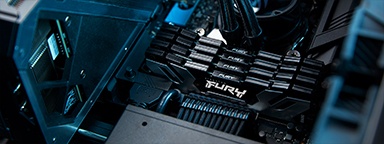
How Much Memory Do You Need for Gaming?
Having the right amount of memory is essential for smooth gaming performance.
-
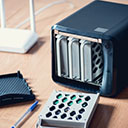
Why a Home NAS Should be for Everyone
Reasons why a NAS would benefit your home or small office setup.
-

How to Build an Affordable Gaming PC
Build a budget-friendly gaming PC that delivers great performance and value.
-

Upgrading Business Laptops for Personal Use
Learn how upgrading a used business laptop can give you a powerful and cost-effective PC.
-
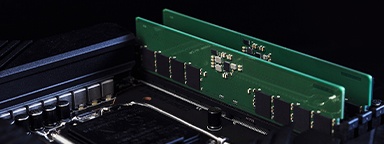
The Evolution of Memory Technology – eBook
Explore DRAM technology’s evolution and gain insights into future trends in our eBook.
-

The Difference Between Enterprise & Client SSD
The differences between SSD classes lies in two components; the processor and the NAND memory.
-

PC Gaming Bottlenecks: How CPU, GPU, RAM, and Storage Affect Your Game
Learn how CPU, GPU bottlenecks affect gaming and how to boost your performance.
-
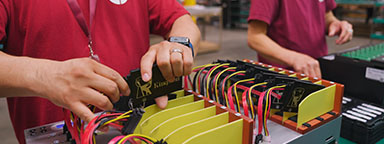
Rugged Computing with Kingston and Premio
Premio Inc makes rugged computing solutions for industrial use, partnered with Kingston.
-
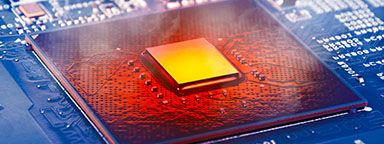
How to Handle an Overheating Computer
Kingston explores methods of mitigating an overheating computer.
-
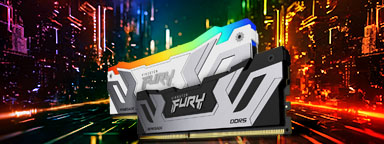
What is a CUDIMM / CSODIMM?
CUDIMMs and CSODIMMs are memory modules that meet new hardware needs. Kingston explores how!
-

Go Beyond Gaming: 5 Ways to Maximize your Gaming Laptop's Potential!
Gaming laptops are great for video editing, 3D modeling, graphic design, and much more!
-

Why Is 6000MT/s DDR5 the Sweet Spot for PC Gaming?
Performance and compatibility are just two of the reasons for this conclusion.
-

AI for PCs—Is it All Hype or Should You Switch?
Here we discuss the considerations that organizations should make when it comes to AI PCs.
-
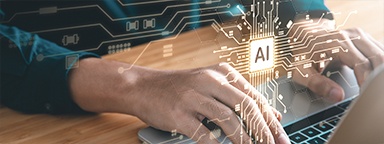
Will AI PCs Change How We Work? – eBook
Discover AI PCs' merits and challenges, and whether your organization should adopt them.
-

SSD Longevity – 5 Tips for Getting the Most out of Your New SSD
Extend the lifespan of your SSD and boost your system's performance with these tips.
-
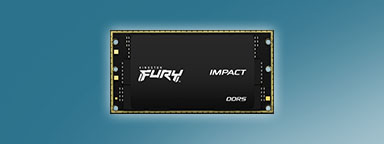
What is a CAMM?
What’s the difference between a CAMM & a regular memory module? Learn the CAMM’s unique features.
-

Upgrade the memory and storage in your HP laptop or desktop PC
Why and how to upgrade your HP system with new RAM and/or an SSD.
-

Unlocking the Secrets of Kingston’s DRAM Module Testing
Kingston sets industry standards with unwavering commitment to quality and reliability.
-
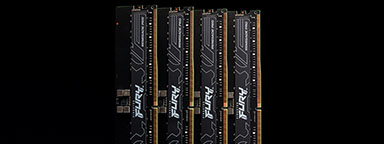
Introduction of 32Gbit DRAM
A new high-density type of DDR5 DRAM goes into production in late 2024, offering better efficiency.
-
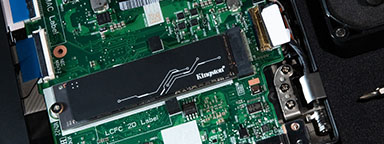
Upgrade the memory and storage in your Acer laptop or desktop PC
How to upgrade an Acer computer, and why you should consider it.
-
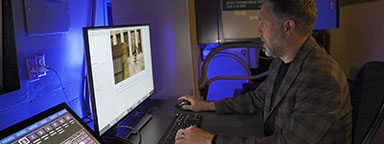
How do Kingston SSDs & QNAP NAS power the DCP Workflow for Digital Theaters?
Kingston and QNAP have improved the efficiency of digital theaters with their hardware.
-

Memory and Storage Unleashed: Fueling Creativity in Entertainment
We explore the how media organizations can speed up workflows through storage and memory.
-

How much memory do you need to run Windows, macOS, or Linux apps?
We show you how to assess your current memory along with your actual needs based on your apps, OS.
-

The Role of Reliable SSDs in the Media and Broadcasting Industry
Reliable SSDs transform media workflows for heightened productivity and competitiveness.
-

Enhancing Smart Security: Revolutionizing Spain’s Railway Security with Azken and Kingston
Find out how Kingston enabled Azken to deliver smarter security for Renfe.
-
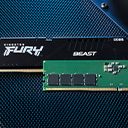
DDR5 Memory Standard: An introduction to the next generation of DRAM module technology
DDR5 memory has arrived featuring better performance, greater stability and improved efficiency over DDR4.
-

2024: Technology Experts' Predictions
2023 has been a year full of challenges and innovations. But what will 2024 bring?
-

Revive an Old Computer
Simple tasks you can do at home to get more life out of an old PC.
-

HDD vs External SSD
Which has more advantages for consumers improving their computers: an HDD or external SSD?
-

Enhancing Content Creator’s Workflow with Kingston SSDs and Memory
Kingston's server SSD and memory transformed Android Basha's production workflow.
-

What is a RAM Disk?
What is RAM Disk and how does it offer improved PC performance?
-
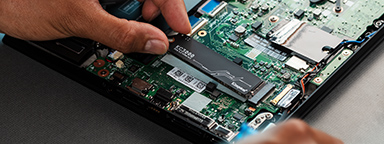
Upgrade the memory and storage in your Dell Laptop or Desktop PC
A step-by-step of how a Dell PC owner can remedy a memory/storage issue with their machine.
-

Overclocking Memory for Adobe Applications
Learn how Kingston FURY helps work PCs run faster in Adobe Photoshop, and Premiere Pro.
-

How Much Memory Do You Need for Gaming?
It is important to have the right amount of memory to guarantee a smooth gaming experience.
-
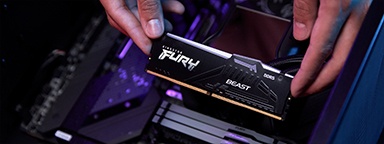
The Ultimate RAM Guide for Gamers
A guide to what you need to know and understand as a first-time RAM buyer.
-

More for Less: Why Is Upgrading Important in Today's Economic Climate?
Discover why upgrading your technology in this economy matters more than ever.
-

What to Do if Your SSD Is Full
Limited storage capacity can cause poor performance. Here is how to get space on your SSD.
-
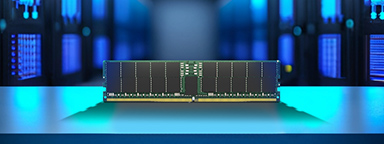
Non-Binary Memory FAQs
Get to grips with non-binary memory with the answers to these common questions.
-
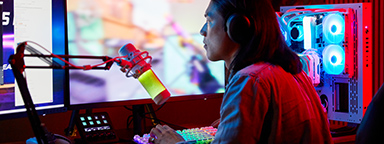
Benchmarks - Overclocking RAM For More FPS
Improving memory performance with overclocking can make improving FPS across multiple games a snap.
-

Understanding File Systems
What is a file system? Here are some of the most used systems and their pros and cons.
-
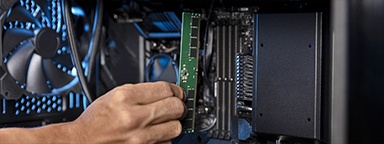
Upgrading RAM for HP, Dell, Lenovo and Acer Laptops and Desktops
Why you should upgrade your RAM to extend the life of your system rather than replace it.
-

How to Optimize Your PC for Better Performance
Upgrading your RAM and SSD can help improve your overall PC performance.
-
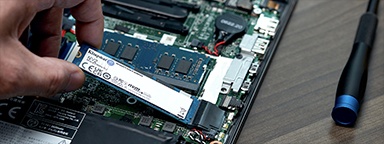
Extend the Life of Your IT: Upgrade Vs. Replace
We explore the benefits of upgrading vs. replacing, and how organizations can succeed.
-

Mineral Oil Cooling in PC Builds
A mineral oil PC build offers various benefits that make it an attractive option for enthusiasts.
-
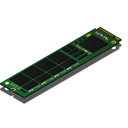
2 Types of M.2 SSDs: SATA and NVMe
There are two types of M.2 SSDs available which are SATA and NVMe. Learn more about each type.
-
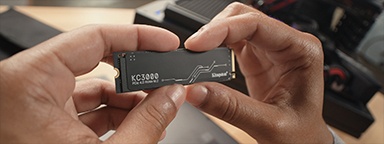
NVMe Is the Silent IT Revolution—What Is It, and Why Should You Adopt It?
Learn about NVMe and why choosing it is beneficial to your organization’s infrastructure.
-
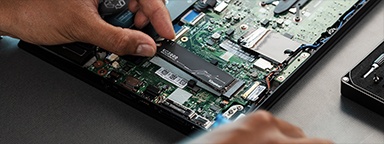
Top 6 Reasons to Upgrade to an NVMe SSD
Increased speed and better power efficiency are just two of the benefits.
-

How do you backup your computer? Windows and Mac drive backup
There’s a few different ways to backup your Windows and Mac drives and they can be either online or local. We’ll show you how.
-

Kingston and Signpost Deliver Products at Speed with a Customer-First Mindset
Learn why Signpost chose Kingston SSD and memory to support their education solutions.
-
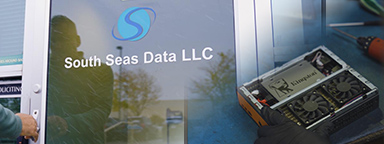
How a Tech Services Provider Built a Reputation for Reliability with Kingston Memory and SSDs
South Seas Data earned its success as a tech services provider with reliable parts from Kingston.
-
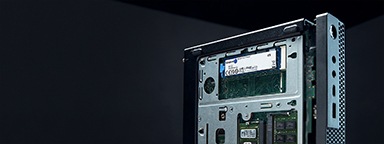
Kingston Memory and SSD Meet Integrator APLIGO GmbH's Strict Requirements
Learn why APLIGO chose Kingston SSD and memory to support their system integration business.
-

Evaluating Storage Products for Your Enterprise Needs
Choosing storage products for your enterprise is a complex process. Kingston offers our expertise.
-
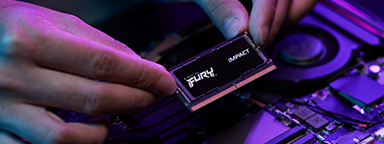
How to Upgrade Your Laptop with RAM
Older laptops with bad gaming performance should be upgraded with more RAM. We show you how.
-

How to Choose the Right Gaming Laptop
Buying a gaming laptop isn’t an easy task. Here are some things to consider.
-

Optimizing Storage in a Creative World
Learn how Kingston and QNAP solutions help optimize content creation.
-
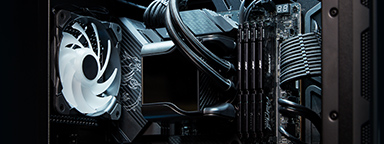
How to Upgrade Your PC with RAM
Unlock your PC's gaming potential with Kingston memory: we show you how to install new RAM modules!
-

5 Ways to Make Photoshop Run Faster
Upgrading your RAM and closing other programs are just a few ways to improve performance.
-

What to Do AFTER Building Your PC
Have you built your dream PC? Let's complete these few steps to set it up.
-

Work and Play: Why You Should Edit Photos and Videos with a Gaming PC
Gaming PCs meet the high-performance specs for tasks like video editing and photo editing.
-

The Importance of Garbage Collection and TRIM Processes for SSD Performance
Garbage Collection and TRIM optimize your SSD’s NAND. But how do they really work?
-

What do SSDs do for gaming?
Why are SSDs better for gamers? What Xbox and PS5 owners should know.
-
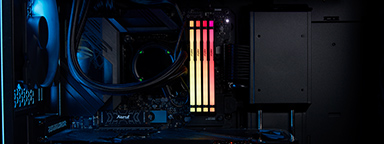
How to Make Your Gaming PC Quieter
Is your PC noise disturbing your gaming experience? Here are some causes and how to solve them.
-
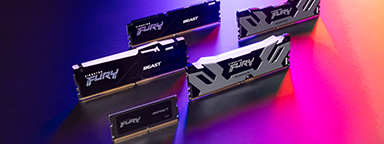
How to Choose the Best RAM for Overclocking
Not all motherboards can overclock the memory. You must also consider XMP vs Plug N Play.
-

What are the advantages and disadvantages of Cloud gaming?
Is your gaming system worth swapping for a Cloud gaming provider? Here are our thoughts.
-

Maintaining Your SSD’s Health Using SMART Monitoring
A look into SMART monitoring, Kingston SSD manager, and other ways to maintain an SSD’s health.
-
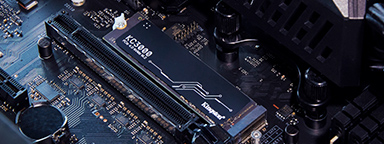
What is the difference between PCIe Gen 3 and PCIe Gen 4?
PCIe Gen 4 accommodates full bandwidth that is possible with NVMe SSDs tech.
-

Upgrade Your PC to Streamline Your Workflow
Take advantage of these upgrades to streamline your workflow.
-
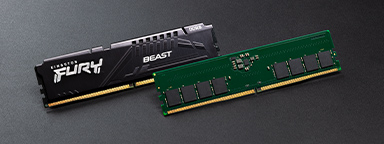
MT/s vs MHz: A Better Measure for Memory Speed
MT/s is the accurate measure for DDR SDRAM memory transfers that happen on both the rising and falling edges of the clock cycle, not MHz.
-

Top 10 PC Build Mistakes Beginners Make
Decided to build your own PC? These are what we think are the most common PC build mistakes.
-
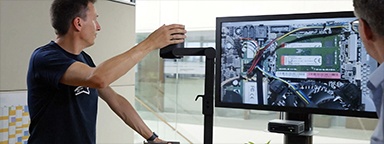
How Kingston Is Powering WolfVision’s Hybrid World of In-Person and Virtual Meetings
Kingston powers WolfVision’s products to bring hybrid meetings to companies and organizations.
-
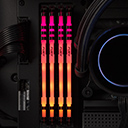
The Difference Between Memory and Storage in Gaming
Understand the difference between a storage medium and a gaming PC's memory.
-

Gaming with Windows 11: What to Expect with the New PC Performance Features
Windows 11 is here! Check out these exciting new PC performance features for gamers.
-

Windows 11 - Does Your Organization Need to Upgrade or Refresh?
We explore the system requirements needed and the benefits of upgrading rather than replacing.
-

How to Clean Your PC System
Cleaning your system is not as hard as you might think! Check out our step-by-step guide.
-

A Kingston Gift Guide for STEAM Majors
Here are some tech gift ideas for the STEAM major students in your life.
-

Is It Time to Upgrade Your PC Build?
It's important to pay attention to the performance of your PC to know when you need to upgrade.
-
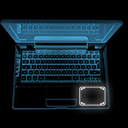
How to Install an Internal 2.5” SSD
Installing an internal SSD is easy and can improve the overall speed of your desktop PC or laptop.
-

Case study: How Simply Hosting benefited from collaborative service and support
Kingston helped optimize Simply Hosting’s storage in its data centers to ensure they were always on.
-
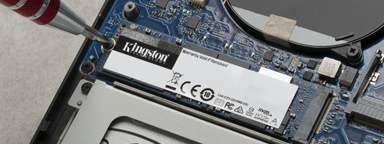
How to Install an M.2 SSD
This is a step-by-step guide on installing an M.2 SSD into a laptop or desktop PC.
-
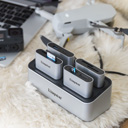
The Kingston Workflow Station Makes Things Easy for Content Creators and Video Professionals
Learn how the Kingston Workflow Station can make file transfers out in the field faster for professionals.
-

Streaming 101 - How to Go Live on Twitch, Facebook Live, YouTube, and Other Platforms
Video game live streaming is on the rise in popularity, and some gamers have turned it into a profession.
-
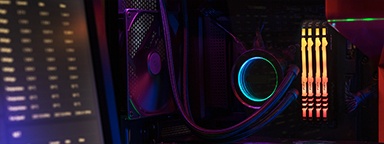
Is it better to build or buy a gaming PC?
It seems like gamers would build their own PCs, but are the benefits still worth the time and effort?
-

The 5 Benefits of SSDs over Hard Drives
SSDs are more durable, reliable, faster, smaller, lighter, silent and more power efficient than traditional hard drives.
-

Difference between SLC, MLC, TLC and 3D NAND in USB flash drives, SSDs and memory cards
Are there endurance vs cost benefits between the different types of NAND?
-

How Does Hardware-Based SSD Encryption Work? Software vs Hardware, AES 256-bit and TCG Opal 2.0
Secure important personal and private information on a PC with a hardware encrypted SSD.
-
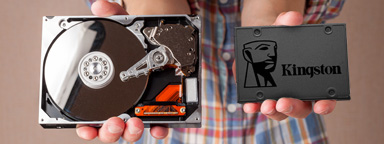
The Difference Between SSD and HDD
Why should you choose an SSD over an HDD? The main factor is better performance from SSDs.
-

Sustainability, Innovation, and Partnership Series - Episode 2
Join industry experts to discuss how technology partners like Kingston support their business growth and sustainability.
-

How to Repurpose Your Old Laptop for Children
A step-by-step guide on how to repurpose your old laptop for your children to study, watch videos, or even play games.
-

Sustainability, Innovation, and Partnership Series - Episode 1
Industry experts discuss topics like the key pillars of tech relationships, sustainability, and IT optimization.
-

How Much Memory Do You Need for Video Editing?
More DRAM means faster PC performance when editing from video, from playback responsiveness to render time. But is 8, 16, 32, or 64GB enough? How much do you need for 1080p, 4K, or 8K?
-

NVMe vs SATA: What is the difference?
NVMe is the new protocol for flash storage while SATA was hold-over from HDD.
-

Top 4 SSD Buying Mistakes
Don’t pick the wrong type of SSD for your server. A wrong choice means a higher cost of ownership. Learn to pick the right SSDs.
-

Who Is Responsible for Cyber Security and Privacy?
Cyber security and data privacy are everyone’s responsibility. What are the key considerations?
-
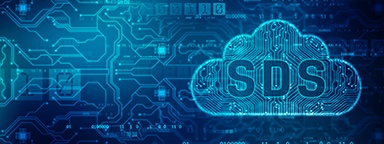
Kingston SSDs are the best hardware choice for software-defined storage solutions
Learn why the future of business depends on SSD-enabled SDS, and how SSD fits into software-defined storage solutions.
-
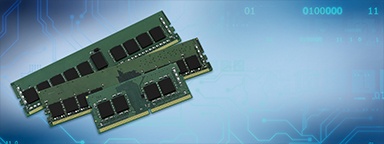
What are the benefits of next-gen 16Gbit DDR4 DRAM?
Planning a new system? Watch this video to learn about the benefits 16Gbit DRAM next-gen technology.
-

Install more memory in your laptop or desktop PC for a better video conferencing experience
It’s not just internet bandwidth you need when using Microsoft Teams and Zoom. The hardware matters too.
-

NAND Flash Technology and Solid-State Drives (SSDs)
Learn about types of NAND in SSDs like SLC, MLC, TLC, QLC, 3D NAND. What is Wear Leveling?
-

7 Easy Tips to Increase Productivity While Working from Home
Having a dedicated workspace, setting priorities, and eliminating distractions are just a few ways to increase productivity from home.
-

10 Ways to Speed Up a PC Running Windows 10
If you’re finding your PC performance slowing down these tips can help improve your speeds and PC efficiency.
-
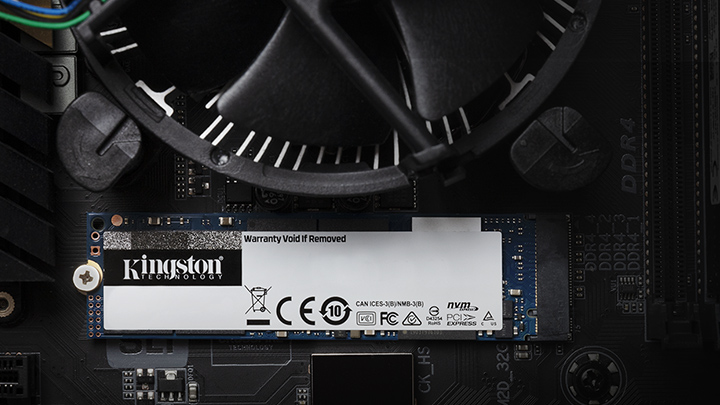
NVMe SSDs in Client Systems
Benefits of NVMe for PC Performance, Gaming, and Content Creation.
-

6 Ways to Speed Up Your Mac
There are a few ways to speed up a slow iMac or MacBook that doesn’t require any hardware or software upgrades.
-
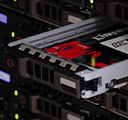
Case Study: Accelerating virtual machines with Kingston DC500M SSDs
Find out how Hardwareluxx were able to manage the growth of their web traffic using Kingston's DC500M SSD.
-

The Right Solid-State Drive (SSD) Matters
Choosing the right SSD for your server is important since server SSDs are optimized to perform at a predictable latency level while client (desktop/laptop) SSDs are not. These difference result in better uptime and less lag for critical apps and services.
-

Desktop and Laptop Computer Memory
Find out all the basics of laptop and desktop PC memory technology and see why you should trust Kingston.
-

FAQs for SATA and M.2 SSDs - Kingston Technology
Frequently asked questions around SSD technologies and terms like SATA, M.2, NAND, RAID, NVMe, PCIe, SAS, and keying.
-
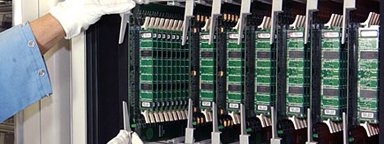
Kingston Memory Testing, Validation, and Qualification Practices
New Kingston module prototypes and designs are put through a testing and reviews process to ensure the reliability.
-

How to Make a Computer Faster Using Windows 10
If you want to speed up Windows 10 this episode of Kingston DIY in 5 is just for you. We'll show you have to speed up your PC.
-
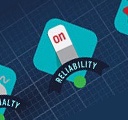
Solid-State Drive Testing 101
Testing is a cornerstone of our commitment to deliver the most reliable products on the market. We perform rigorous tests on all of our products during each stage of production. These tests ensure quality control throughout the entire manufacturing process.
-
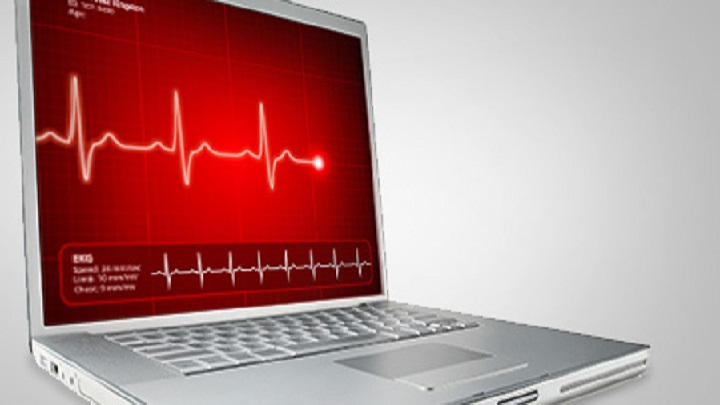
Three signs you need more memory in your computer
If your files don’t open immediately and programs are slow to load, you get an error message or are unable to load several programs at once, your computer may need more memory.
-
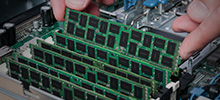
Full Speed Ahead: RAM Upgrades
Learn what to look for when shopping for RAM, or Random Access Memory, including how to determine what type of memory and what capacities your motherboard can support.
-
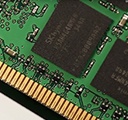
What is DDR4 Memory? Higher Performance
Learn how DDR4 delivers faster speeds, reduced power consumption and increased capacity over DDR3.